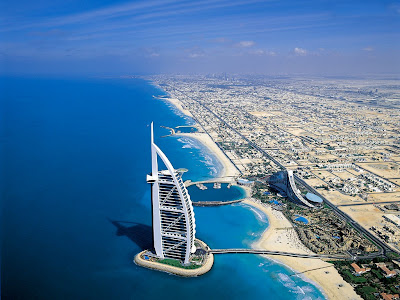The Business Angels seek to help create and promote investments by individuals in unlisted companies with high growth potential.
'' By definition, a Business Angel is an individual who invests part of its heritage in an innovative company with potential and, who is freely available to the entrepreneur's skills, experience, financial support and his network of relationships and part of his time.''
A business angel invests his own money and is generally a person who had a successful career. It seeks a financial return, but takes more adventure as a hobby or a passion. '' This person want to help build a business and human adventure.''
The concept exists in Tunisia, it is certainly new, but begins to grow. Its importance is that it helps young entrepreneurs get started in business without having to suffer the burdens of bank indebtedness and loaning problems because of generally low credit. A real means of alternative finance practiced by some groups such as ''Carthage Business Angels'', the very first association of Business Angels in Tunisia with a main mission of funding innovative start-ups. Carthage Business Angels'' states that'' due to their dual contribution of capital and skills to young companies being created, they play a vital role in national economic development as start-ups could be a good way to reduce unemployment. This structure is'' the Tunisian Association for Investment Promotion and Support of Entrepreneurs by Business Angels''.
The association's goals are many and the most important is that it works to increase the number of Business Angel networks and bring together, in Tunisia, these networks.'
'
From idea to project
The association finances business in the most critical phase by enhancing the credibility of the project in front of other investors, allowing the pooling of investment risk with other investors provides access to a company to facilitate the investment decision and allows for better corporate governance, '' Business Angels, invest alone or with others, are designed to be minority investors and stay as long as possible.''
The Network of Business Angels is the place where they meet with entrepreneurs seeking funding. Investing in Business Angels network allows to pool their investment capabilities and expertise.
'' Carthage Business Angels'' has undertaken since its inception general actions'' to make known business angels and their social and economic contribution to the entrepreneurial dynamic in Tunisia. It works to legitimize their actions, to create an environment legal and tax dedicated to business angels and support to their action in favor of innovative entrepreneurs.
The association also undertakes specific actions such as communication destination networks, partners and stakeholders in the creation and financing of innovative companies, business angels and potential project sponsors and media. It is developing a directory of Business Angels and organizes an annual conference that explains its objectives and actions.
"Carthage Business Angels" prelude to the lobbying of governments and communities, working closely and brings special insights to key national players. According Mr.Maher Kallel, the President of this association, "This concept is Anglo-Saxon. It is based on young people with innovative ideas and lack resources. These youth are then backed by business angels in order to move from an idea to the concrete and this very risky step is taken by Business Angels. This leaves the project mature and does not earn its financial contribution only 5 to 10% ".
The concept is continuing its development in Tunisia, access to private investment will certainly be easier and funding of innovative projects will be more attractive and accessible which can lead to the welfare of society by pushing forward the economy with its different sectors as Business Angels can help the seeds flourish.
Adnen Bel Hadj Yahia






















